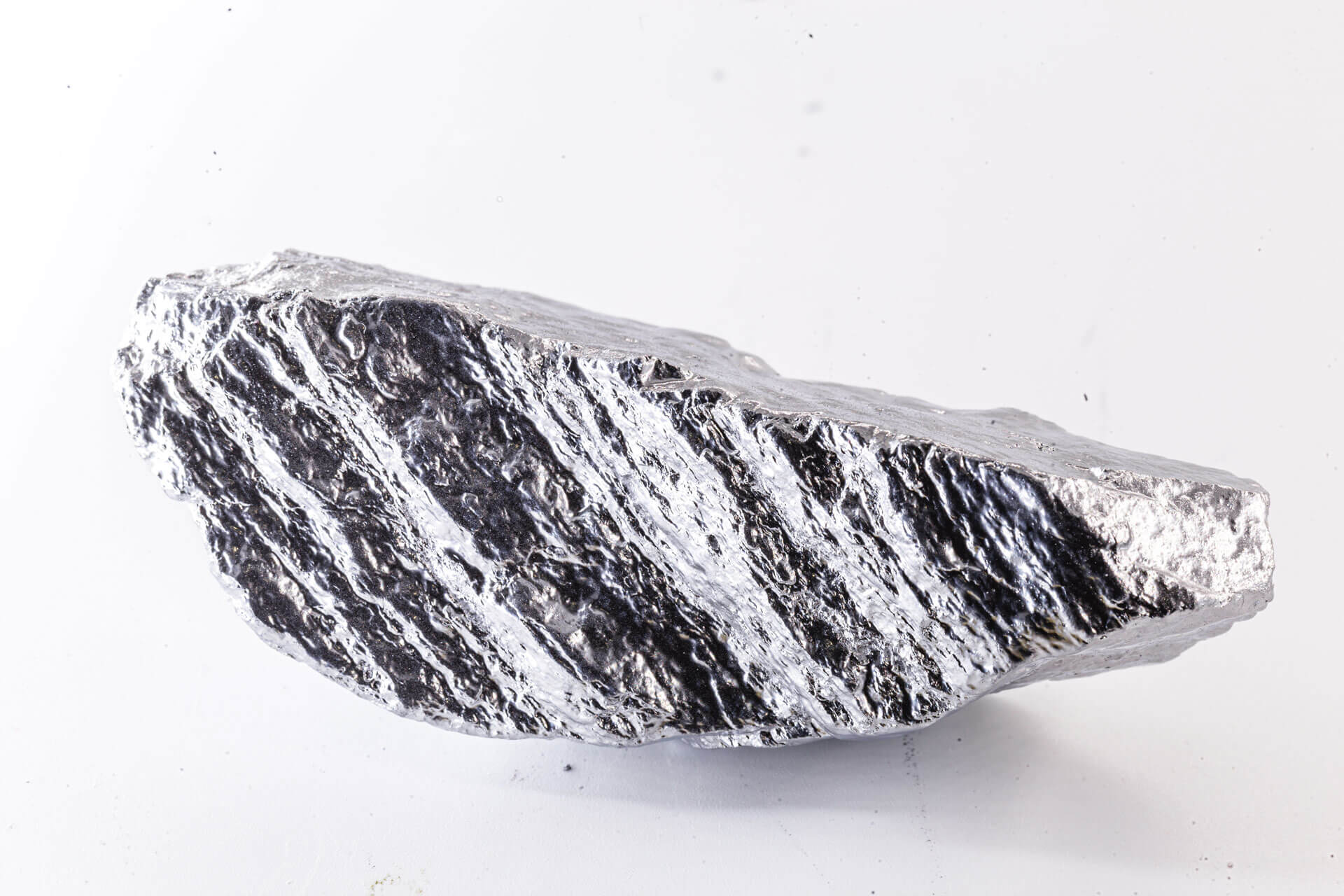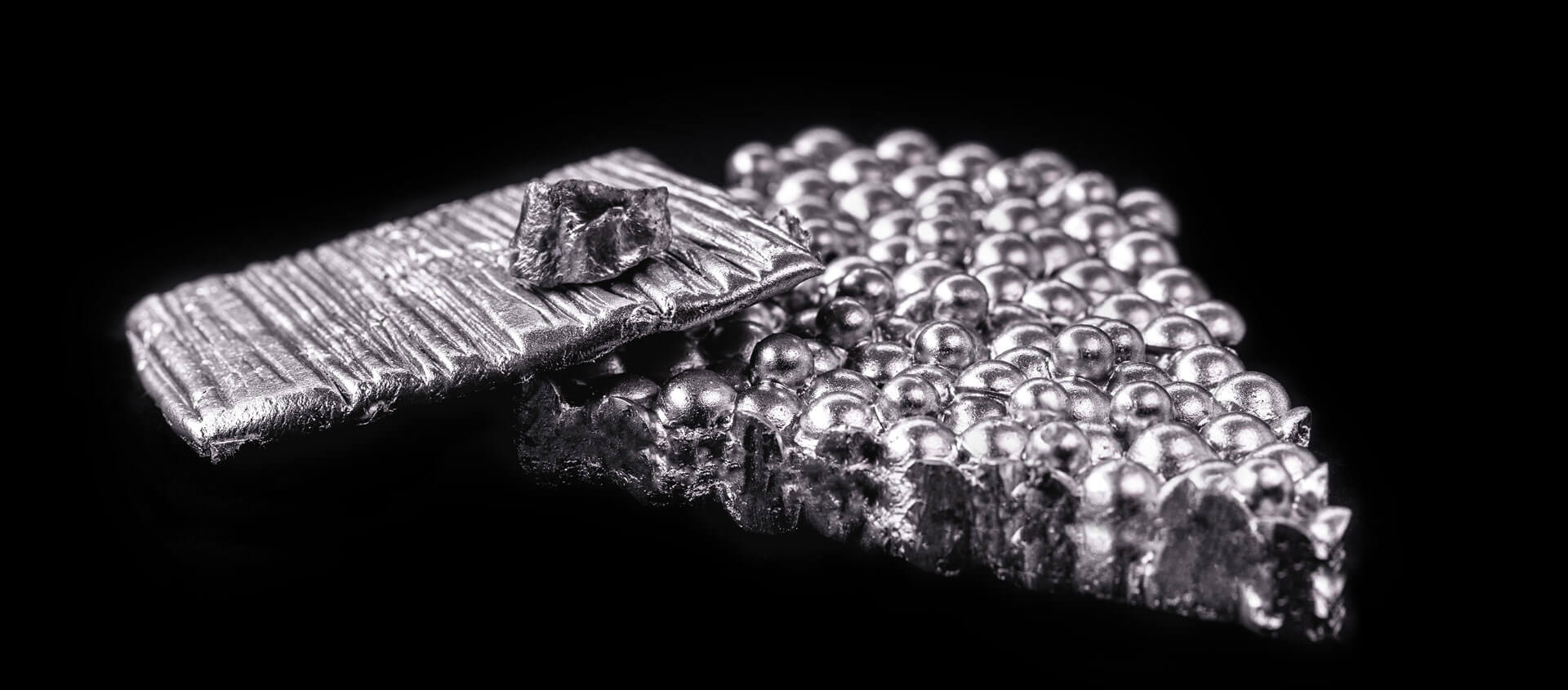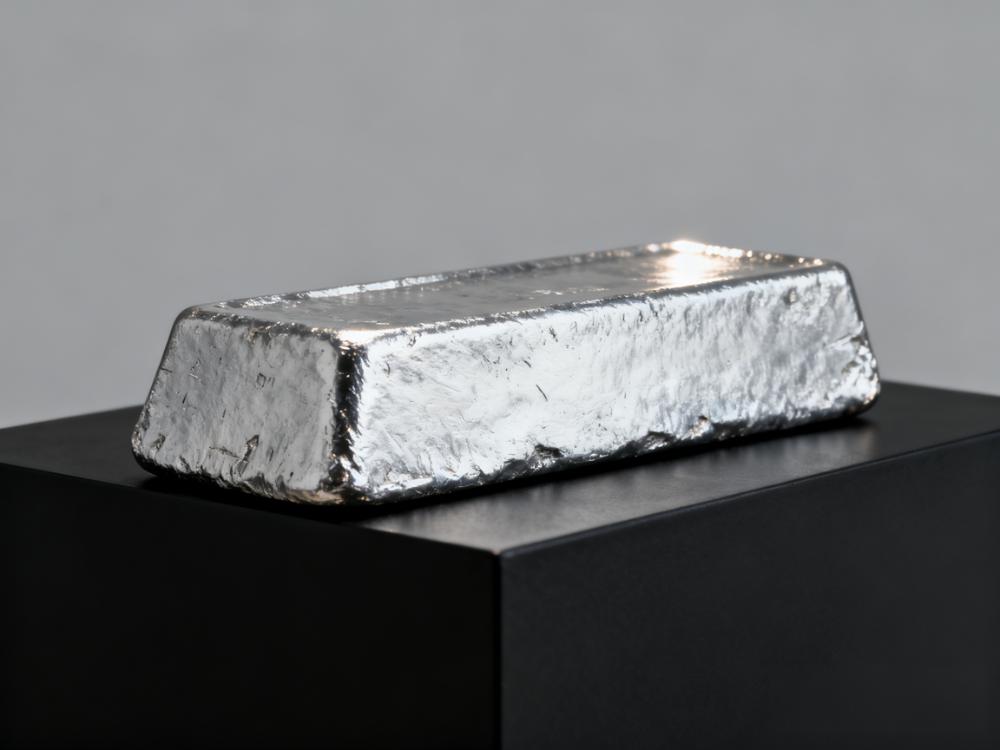MHP Inventory Nearing Depletion, Stainless Steel Market May Fluctuate Rangebound [SMM Nickel Morning Meeting Minutes]
【3.27 Morning Meeting Minutes】On March 26, stainless steel market prices remained firm and rose. Market activity increased, and trade quotes stood firm and rose, but due to lower-than-expected downstream demand, transactions were flat. Approaching month-end, some downstream players restocked based on inventory levels for immediate needs. The most-traded SS2505 futures contract fluctuated rangebound. At 10:30 AM, the SS2505 was quoted at 13,360 yuan/mt, up 25 yuan/mt. Throughout the day, prices fluctuated rangebound within the range of 13,380-13,410 yuan.
Refined Nickel: SMM reported on March 26 that the spot premiums/discounts for Jinchuan No.1 nickel were in the range of 1,700-1,900 yuan/mt, with an average premium of 1,800 yuan/mt, down 50 yuan/mt from the previous trading day. The premiums/discounts for Russian nickel were in the range of -100 to 100 yuan/mt, at parity, unchanged from the previous trading day. In the futures market, nickel prices fluctuated downward after opening today. As of 11:30, the closing price was 129,530 yuan/mt, up 0.54% from the previous trading day's settlement price, with the lowest price touching 128,530 yuan/mt. In terms of spot premiums/discounts, Jinchuan brand nickel fell 50 yuan from the previous trading day. The night session strengthened yesterday, and today's premiums fell slightly to promote market transactions. From a macro perspective, SHFE nickel futures contracts fluctuated downward after opening in the morning, possibly affected by the recent slowdown in Indonesia's tax policy, but there is still a possibility of a surge, with specific attention to the implementation of Indonesia's new policy. In terms of the price spread with nickel sulphate, today's SMM1# refined nickel price was 129,400-132,350 yuan/mt, with an average price of 130,875 yuan/mt, up 1,025 yuan/mt from the previous trading day's spot price. The spread range was about 2,556 yuan/mt (Ni contained), with nickel sulphate still at a discount to refined nickel.
Nickel Sulphate: On March 26, the SMM battery-grade nickel sulphate index price was 27,991 yuan/mt, with the battery-grade nickel sulphate quotation range at 27,960-28,500 yuan/mt, and the average price remained stable compared to yesterday. On the cost side, MHP market circulation remains tight, with most traders' inventories nearing depletion. Recently, the MHP transaction coefficient has shown an upward trend, with no downward momentum in the short term. In terms of nickel sulphate auxiliary materials, the rise in sulphuric acid prices has driven an increase in MHP costs. On the supply side, affected by the rise in MHP prices, some nickel salt smelters have limited acceptance and have not yet completed MHP stockpiling for Q2, with expectations of production cuts. Nickel salt smelter inventories remain at low levels, and the market circulation of nickel salt is significantly tight, leading to strong sentiment among nickel salt smelters to stand firm on quotes. On the demand side, this week is a traditional procurement period, with precursor plants concentrating on stockpiling, and acceptance of nickel sulphate prices has increased. Some refined nickel plants also have the need to purchase nickel sulphate externally, further exacerbating the tight situation of nickel salt. Currently, buyers and sellers are still in a price game, and nickel sulphate prices are expected to have upside room in the short term.
Nickel Pig Iron (NPI): On March 26, the SMM 8-12% high-grade NPI average price was 1,025 yuan/mtu (ex-factory, tax included), up 1 yuan/mtu from the previous working day. On the supply side, domestically, smelter raw material inventories are running low, and shipments from the Philippines at the end of the rainy season still take time to reach China, with some smelter production lines under maintenance and production running low. In Indonesia, nickel ore mining and output have fallen short of expectations, with some smelter raw material inventories at low levels, and some production lines in the main production areas running at low loads. Although new capacity is being released, the increase in production is relatively limited. On the demand side, stainless steel spot performance is relatively weak, and the price of stainless steel scrap has been lowered, restoring some economic advantages, putting pressure on high-grade NPI prices. However, from the perspective of cost and market circulation resources, high-grade NPI is expected to remain stable in the short term.
Stainless Steel: SMM research shows that on March 26, stainless steel market prices were firm and rising. Market activity increased, with traders standing firm on quotes and rising, but transactions were flat due to downstream demand falling short of expectations. Approaching month-end, some downstream companies made just-in-time restocking based on inventory conditions. The most-traded futures contract 2505 fluctuated rangebound, and at 10:30 am, SS2505 was quoted at 13,360 yuan/mt, up 25 yuan/mt; the price fluctuated rangebound within 13,380-13,410 yuan/mt throughout the day. In Wuxi, the spot premiums/discounts for 304/2B were in the range of 210-460 yuan/mt. In today's stainless steel spot market, the price of cold-rolled 201/2B coil in Wuxi was 7,850 yuan/mt, and in Foshan it was 7,900 yuan/mt; the average price of cold-rolled trimmed 304/2B coil in Wuxi was 14,025 yuan/mt, and in Foshan it was 13,950 yuan/mt; the price of cold-rolled 430/2B coil in Wuxi was 7,475 yuan/mt, and in Foshan it was 7,460 yuan/mt. In the short term, stainless steel market prices are likely to fluctuate rangebound, and the subsequent trend will depend on whether downstream demand can significantly increase.
Nickel Ore: Last week, the prices of low-grade and high-grade nickel ore in the Philippines remained stable, while medium and high-grade Philippine ore prices saw a slight increase again, mainly due to two reasons: 1. As an exporter of the Philippines, Indonesia's nickel ore prices have risen and are still expected to rise, providing some support for the export prices of Philippine nickel ore. 2. From a supply and demand perspective, the Surigao region began to offer and ship this month, but supply recovery has been slow due to weather conditions. On the demand side, most domestic nickel pig iron plants still have low inventories, and there is a strong demand for just-in-time procurement of raw materials. However, although the current rise in downstream high-grade NPI prices has brought some profit recovery, domestic iron plants are still in a state of losses, with limited ability to accept high-priced nickel ore. In terms of ocean freight rates, the ocean freight rate rose again during the week due to the shift in shipping locations and bad weather, further increasing the import cost of nickel ore. Overall, under the influence of a strong supply and weak demand pattern and policy-side disturbances, Philippine prices have risen. SMM expects that subsequent Philippine ore prices may remain stable with a tendency to rise. Last week's market transaction prices: for pyrometallurgical ore, SMM's Indonesia local ore 1.6% weekly price was $49.5/wmt; for hydrometallurgical ore, SMM's Indonesia local ore 1.2% grade weekly price was $26.5/wmt; the mainstream premium for pyrometallurgical Indonesian nickel ore in March remained stable at $19-21/wmt, with the CIF price rising slightly mainly due to the Indonesian Ministry of Energy and Mineral Resources' release of the second half of March's Indonesia local ore benchmark price on the 15th, which rose slightly from the previous period, with the 1.2% grade ore up $0.26 and the 1.6% grade up $0.46. From a supply perspective, this year's Sulawesi rainy season has lasted longer, affecting nickel ore mining and transportation, and supply recovery in main mining areas such as Sulawesi has been slow. In addition, the end of March coincides with the Eid al-Fitr holiday, which has exacerbated the tight supply situation to some extent. From a demand perspective, Indonesian nickel pig iron smelters generally have low inventories and still have a strong demand for just-in-time restocking, with downstream procurement sentiment high. SMM expects that nickel ore supply may continue to be tight. In terms of policy, last week the Indonesian Ministry of Energy and Mineral Resources signaled that the PNBP policy may be implemented before Eid al-Fitr. If the policy is implemented as scheduled, the sales cost of nickel ore mines will increase, and with the current rise in downstream NPI and MHP prices, from the current market situation, the mines have strong bargaining power, and the cost increase brought by this policy to the mines may be largely passed on to downstream enterprises, providing strong support for nickel ore prices. Overall, SMM expects that Indonesia local nickel ore prices may continue to rise.
Data Source Statement: Except for publicly available information, all other data are processed by SMM based on publicly available information, market communication, and relying on SMM‘s internal database model. They are for reference only and do not constitute decision-making recommendations.
For any inquiries or to learn more information, please contact: lemonzhao@smm.cn
For more information on how to access our research reports, please contact:service.en@smm.cn



